Is there room for yet another book on Dickens? Probably not, but we’ll have it anyway. The Dickens Dictionary (Icon, £9.99) is John Sutherland’s contribution to the great birthday festival — and possibly not his last, for since his retirement from academe, Sutherland has been nearly as industrious as the great man himself. This brief and lively ‘A-Z of England’s Greatest Novelist’ avoids all the obvious thoroughfares, and wanders instead along the byways and backstreets of Dickens’ s vast, sprawling achievement. This will be of no use to anyone who enjoyed the recent TV version of Great Expectations because it cut out all the subplots and extraneous detail, but for the rest of us, it’s a delight.
Entries include ‘Cannibalism’ (lots in Dickens, none at all in Thackeray for some reason), ‘Fog’ and ‘Mist’ (quite separate), ‘Bedding’ (an extraordinary tic through the books, and of course Dickens always liked his own bed to be facing north), ‘Onions’, ‘Rats’ and ‘Sausages’. The quintessential Victorian novelist never mentioned Queen Victoria in his books, or any king or queen by name. Both times Magwitch erupts into Pip’s life, Pip is reading a book. Dickens stopped using bastards as a plot device after he produced a few of his own. There are countless pictorial representations of Dickens but in none do we see his teeth.
In short, what we have here is the Ultimate Dickens Lavatory Book: not necessarily a dignified calling but a useful one, even at this odd, hype-drenched time.
Got something to add? Join the discussion and comment below.
Get 10 issues for just $10
Subscribe to The Spectator Australia today for the next 10 magazine issues, plus full online access, for just $10.

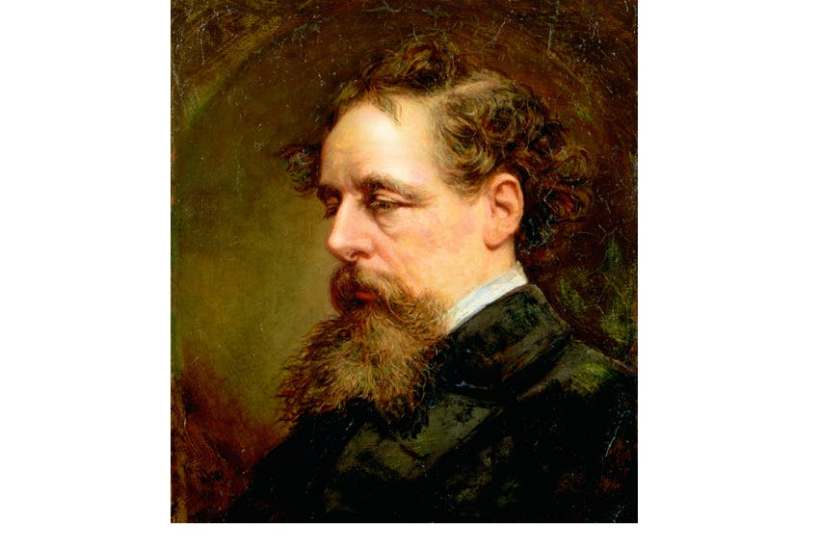
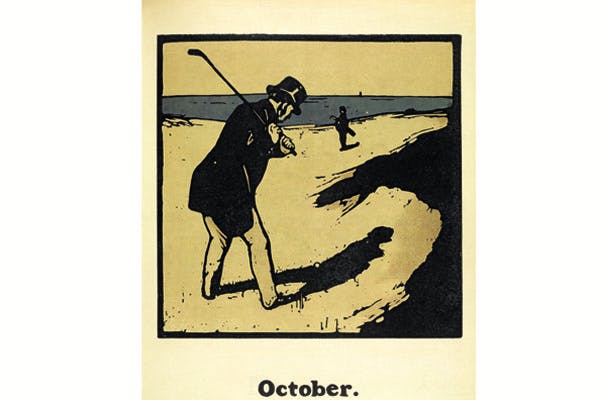
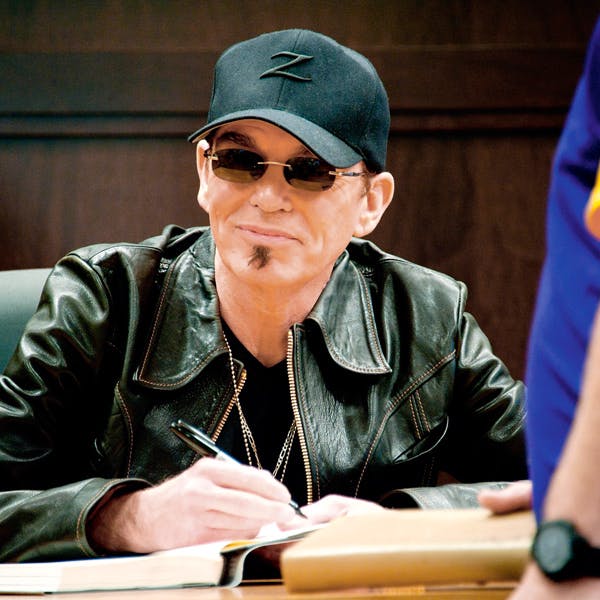
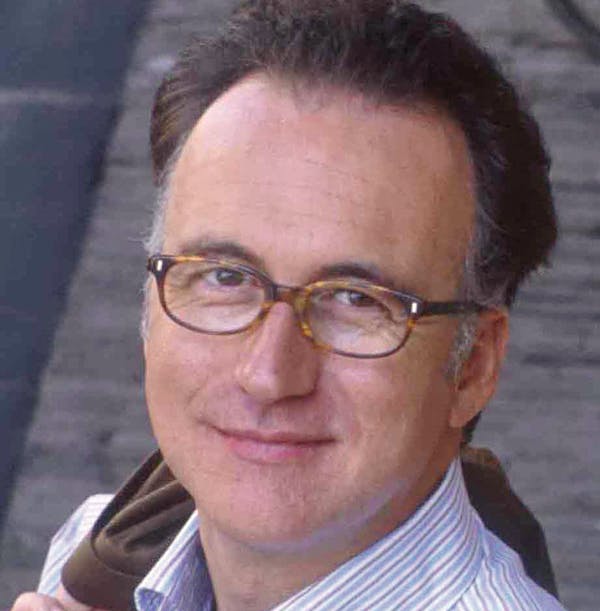
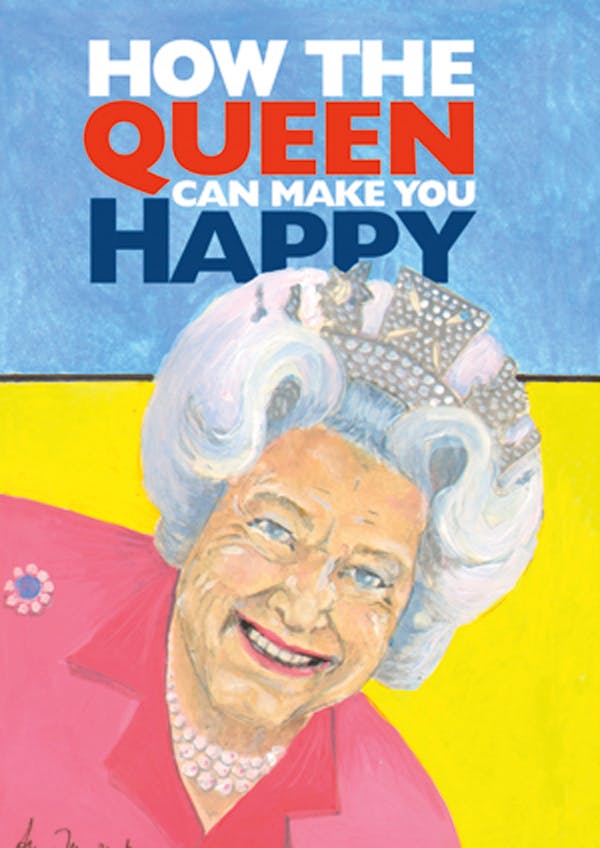
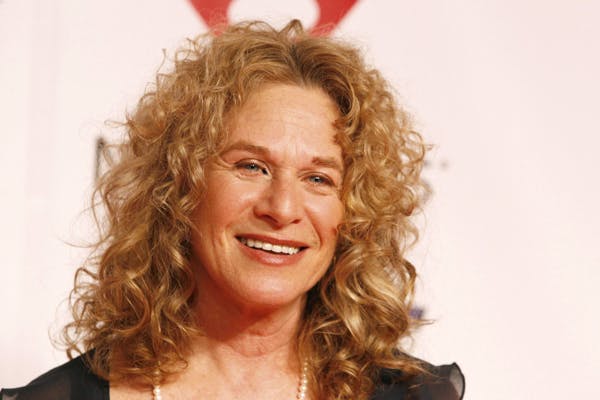
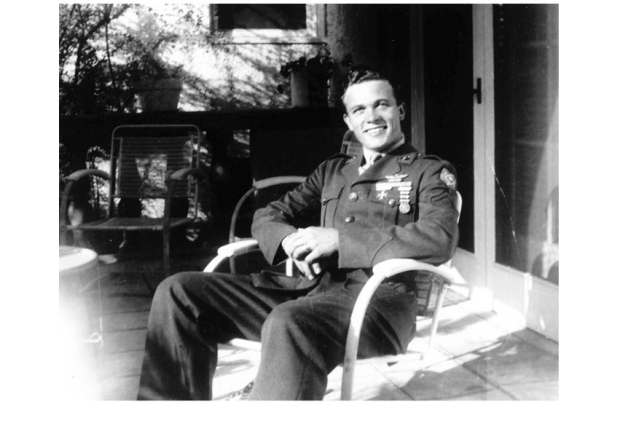






Comments
Don't miss out
Join the conversation with other Spectator Australia readers. Subscribe to leave a comment.
SUBSCRIBEAlready a subscriber? Log in